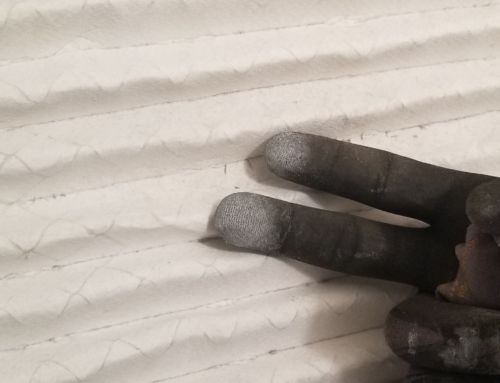
Dry air inside homes is known to cause health problems including dry skin, irritated sinuses or throat, cough, itchy eyes, and can lead you to becoming sick. As the weather gets colder and the air gets drier, you might want to consider adding a humidifier to your home this winter. Having a humidifier will put moisture back into the air and may be the difference between getting sick or staying healthy this winter.
Having dry air in your home doesn’t just affect you — your furniture and house can suffer from it as well. Low moisture levels can cause wood to become brittle and crack, doors can start showing gaps or not fitting as tightly, and hardwood floors can develop gaps in the boards. Humidifiers can help preserve your wood furniture during the winter months.
As well as having a humidifier, properly cleaning it regularly is just as important. Due to the amount of moisture held, humidifiers must be cleaned frequently to prevent mold from growing in them. Using distilled water in your humidifier can help minimize mineral buildup and bacterial growth. If your humidifier has a filter, it’s important to change it regularly.
Make sure to stay in the recommended humidity level to prevent too much moisture in your home, which could lead to molding. The Environment Protection Agency recommends maintaining a humidity level in your home between 30 and 50 percent. Having a hygrometer, a tool that measures the amount of moisture in your home’s air, can help control the proper humidity level.
Stop suffering from overbearing hair static and dry skin by taking preventative measures this winter and investing in a humidifier. The professionals at Howe can help you find the right humidifier for your home.











